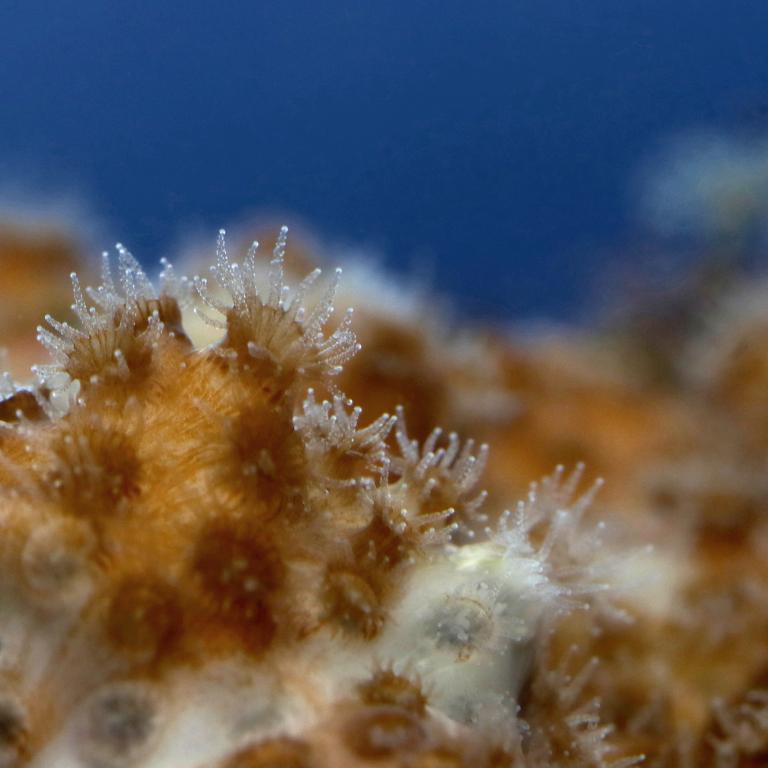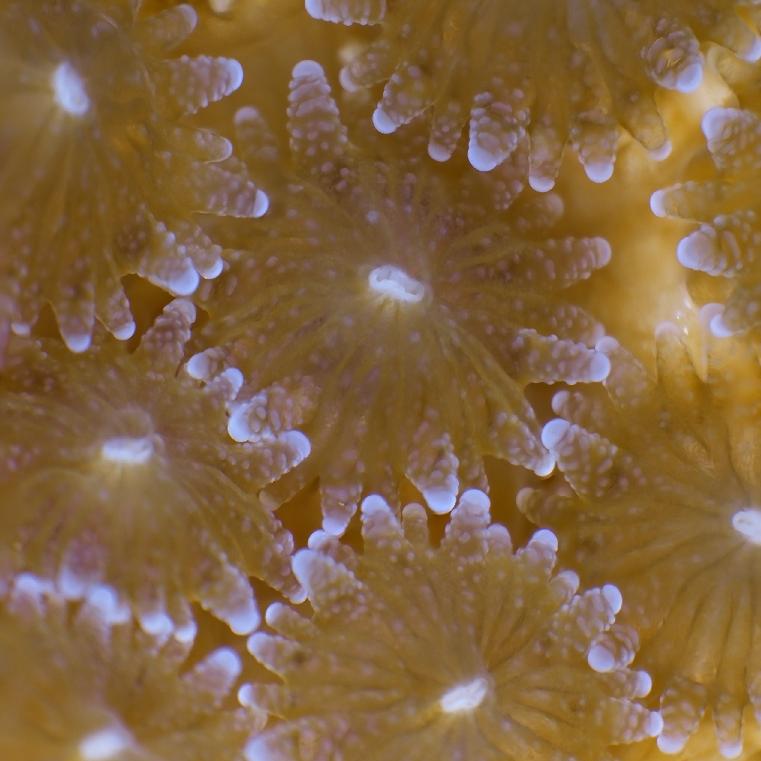New publication on the evolution of facultative symbiosis in the Mediterranean coral Oculina patagonica
October 16th, 2025 by xgrau
We have recently published a paper on the Mediterranean coral Oculina patagonica, a remarkable and highly resilient species that is able to live and thrive with or without its symbiotic algae — what we usually call “facultative endosymbiosis”.
The evolution of facultative symbiosis in stony corals, Levy, Grau-Bové et al., Nature 2025 (link to PDF).
We particularly enjoyed working with this because, IMO, it’s a nice example of a very fruitful paradigm in ‘omics’ research for non-model organisms: a genome and a single-cell transcriptomic atlas done shoulder-to-shoulder, both of them providing new records of the genetic and functional underpinnings of previously understudied species, and each of them helping us better understand the other. There are a few examples of this at work through the paper — just check this thread by Arnau Sebé-Pedrós on Bluesky.
This approach is one of the scientific cornerstones of the fledgling Biodiversity Cell Atlas initiative, which will benefit greatly from the vast trove of new genomes from all across the tree of life published by massive genome-sequencing projects such as the Darwin Tree of Life, Earth Biogenome, and ERGA.

